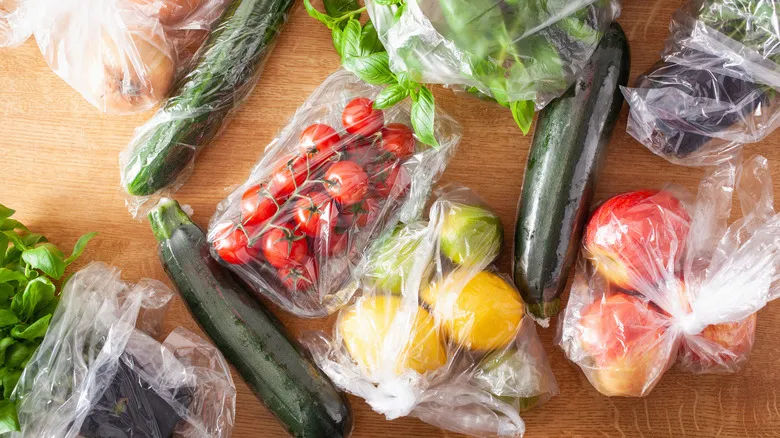Plastic bags suffocate fruits and veggies
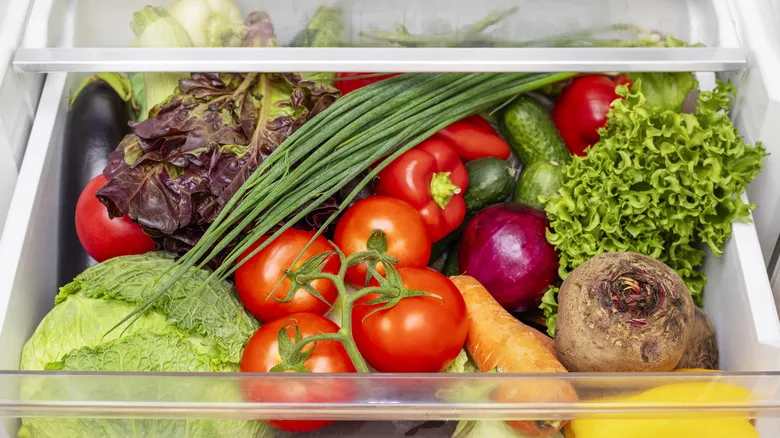
In a sealed plastic bag with limited airflow, fruits and vegetables will release moisture. This is particularly true for fresh, unprocessed items like delicate organic spinach. Consider carrots or peppers as water balloons; the more water they contain, the more they swell and become firm. Air and liquid naturally strive for balance, as high density moves toward low density through osmosis. Therefore, when moisture is trapped, the cells remain plump and firm; when moisture is lost, the cells shrink and wilt. The internal water pressure within fruits and vegetables is known as turgor pressure, or turgidity, which helps maintain their shape, much like a fully inflated water balloon. This is also why cut flowers last longer in water and why grocery stores mist their produce.
To extend the shelf life of refrigerated vegetables, you can adjust the humidity in your crisper drawers. That little dial in your refrigerator that you might be unsure about is not just decorative; it regulates the moisture level in the compartment. Increasing the humidity creates a natural balance of moisture, reducing water loss and helping the produce retain its shape while staying crisp and fresh. So, the next time you bring home vibrant greens from the farmers' market or bundles of asparagus, store them in a perforated container like a salad spinner instead of carelessly cramming the plastic bag into your refrigerator's produce drawer. Reusable green bags, a dedicated lettuce keeper, or even paper towels can also be effective solutions.
Avoid plastic bags for pantry produce storage, too
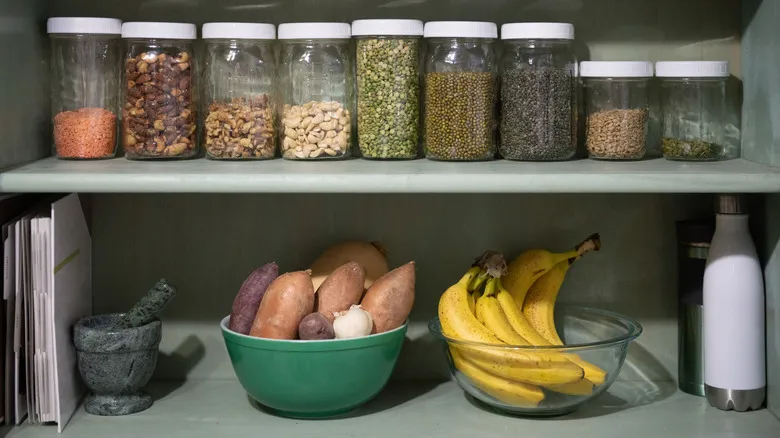
A similar concept to Tetris applies to organizing your pantry, particularly when it comes to storing produce like citrus fruits, tomatoes, potatoes, cantaloupe, and, of course, garlic and onions, which should not be kept together. Certain vegetables can overripen and decay more quickly if they are stored alongside fruits. Some fruits release ethylene gas, which speeds up the ripening process. This is why using plastic bags for storage is not ideal; when tomatoes are kept in a sealed bag, the ethylene has no escape, creating a cycle that leads to rapid spoilage.
Since some foods are more sensitive to ethylene than others, it’s important to know which produce can be stored together. A practical solution to prevent ethylene producers from hastening the ripening of other items is to keep them in separate compartments of your pantry or in brown paper bags. This setup is perfect for items like citrus, onions, and garlic, which thrive in cool, dry conditions. You can even use a hole punch to create perforations in paper bags, allowing for long-term storage that keeps onions and garlic fresh for months.
Additionally, you can leverage the effects of ethylene to your advantage if you need to ripen certain produce quickly by placing ethylene-sensitive vegetables next to ethylene-producing fruits. Improving your storage methods and moving away from plastic bags offers numerous benefits: your greens will stay fresh longer, your apples will maintain their satisfying crunch, and you’ll reduce food waste, save money, and minimize frustration.
Recommended
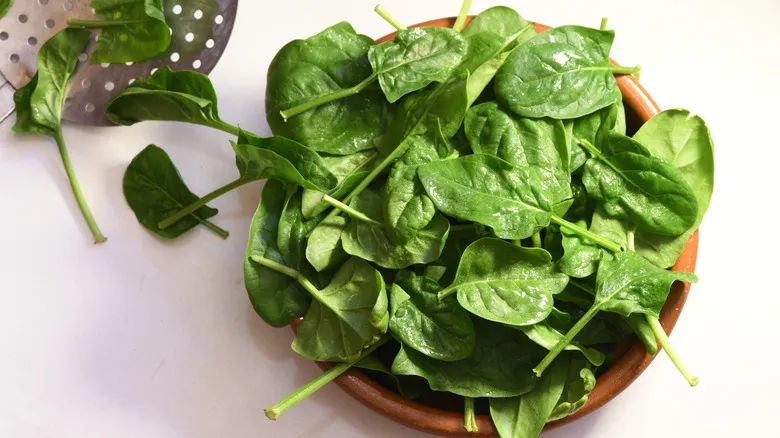
Your Foolproof Guide For Washing Spinach
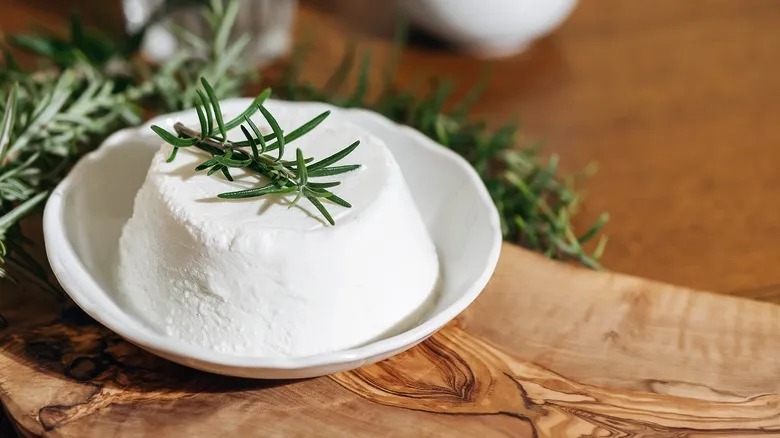
The Last Day You Can Still Eat Ricotta Cheese After Opening It

Foods You Should Avoid At All Costs At The Continental Hotel Breakfast Buffet
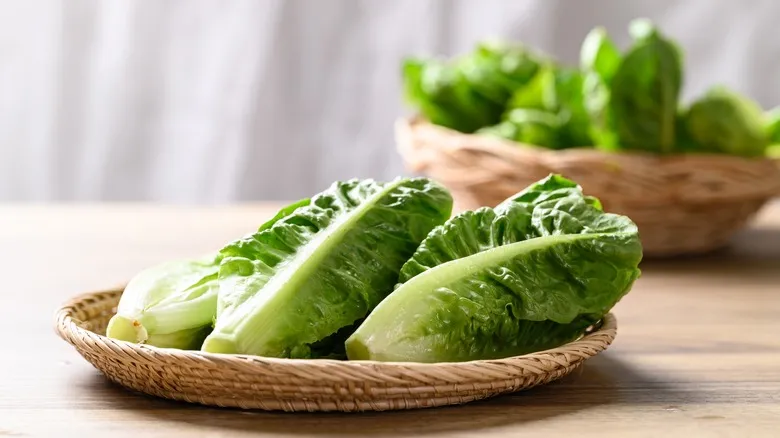
The Storage Tips You Need For Fresh Romaine Lettuce
Next up

